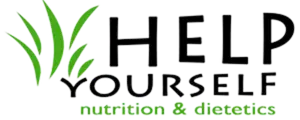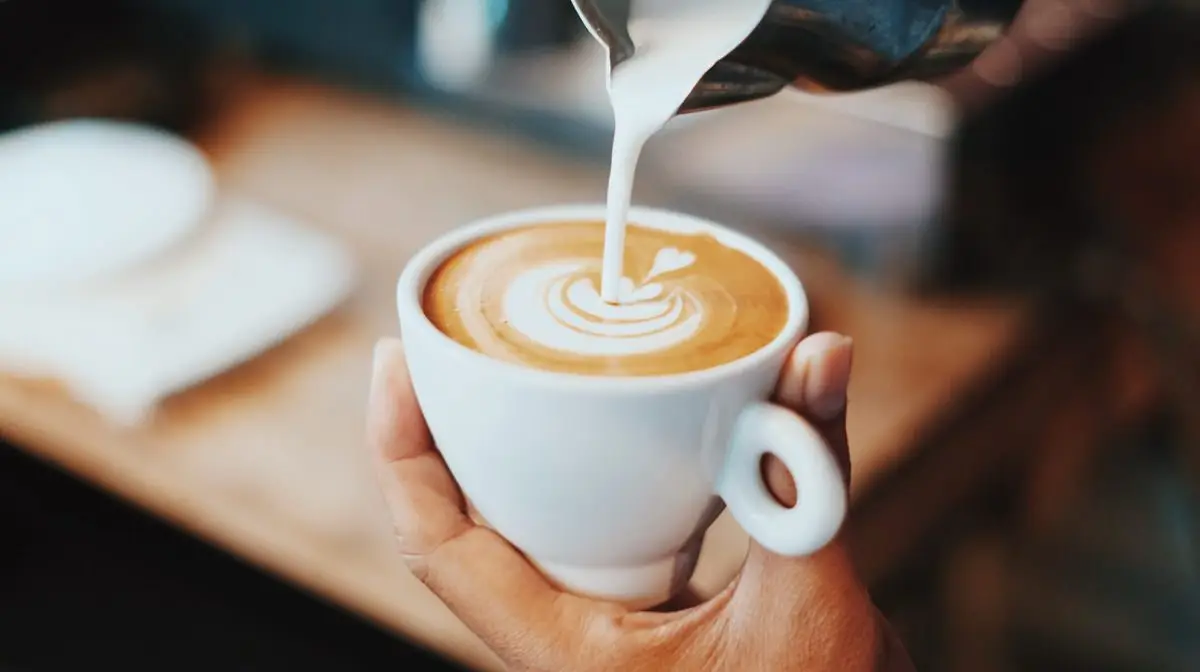Over recent months I have noticed that coffee drinking IBS clients tend to respond well but not completely to a low FODMAP diet.
I do not ask clients to cut out coffee in the elimination stage of the low FODMAP diet because it doesn’t affect everyone and I don’t want clients to cut out more from their diet than absolutely necessary.
My instant coffee drinking “cohort” tended to wake up feeling OK, but then got progressively more bloating and pain (and sometime diarrhoea) later in the day. The espresso drinking “cohort” tended to get the trots early in the day, with symptoms settling later in the day. This indicated to me that it is more than just caffeine in coffee that was causing these symptoms. My clients were quite reluctant to cut out coffee unnecessarily, so this required more investigation!
The differences in symptoms between instant coffee and espresso drinkers made me start to think. We know that the caffeine content of espresso is higher than instant coffee, especially for those who drink strong coffee. Is the caffeine causing increased “gut motility” in espresso drinkers? We know that instant coffee can contain fillers in addition to ground coffee beans. Are the fillers high in FODMAPs, so that with each extra “cuppa” per day, bloating and pain get worse for instant coffee drinkers? The answer to both of these questions turns out to be yes, for sure.
Caffeine is a stimulant that can trigger increased motion by “switching on” the nerves in the smooth muscle that lines the gut. This muscle motion moves food in the digestive system through to the bowel too quickly, resulting in diarrhoea. Instant coffee also contains caffeine, so the more coffee consumed, the more susceptible an IBS sufferer is to diarrhoea. Instant coffee also contains up to 50% fillers, and many of these are high in FODMAPs. Common high FODMAP instant coffee fillers are chicory, wheat, barley, rye, triticale, soy and corn. One cup of instant coffee might not cause symptoms, but the 3rd or 4th or 5th of the day may do!
My advice to instant or espresso drinkers who continue to suffer from diarrhoea despite FODMAP modification is to trial two weeks using only caffeine free espresso and see whether your symptoms improve. If your symptoms resolve, use trial (and error) to find your caffeine threshold.
If not, seek the assistance of an Accredited Practising Dietitian to assist you in managing your IBS or contact me here.

